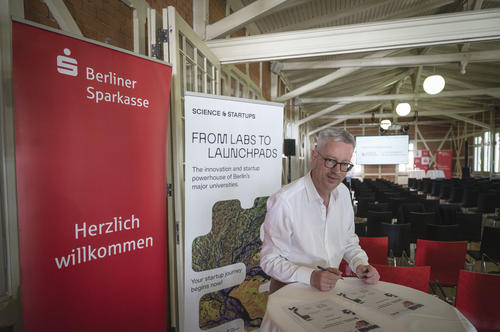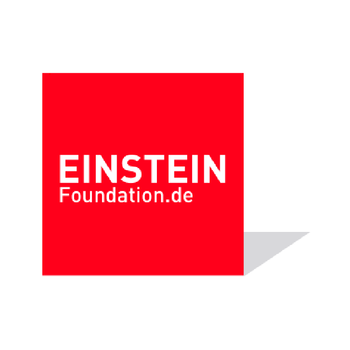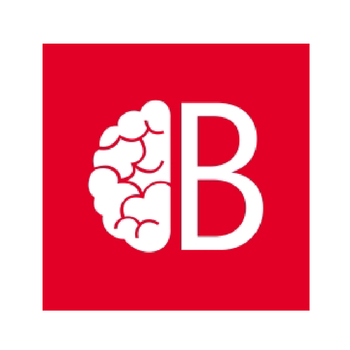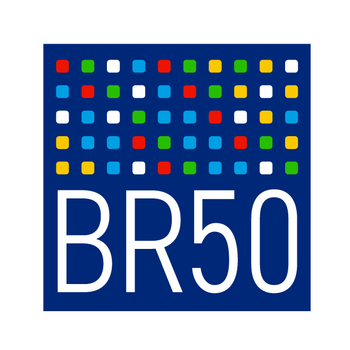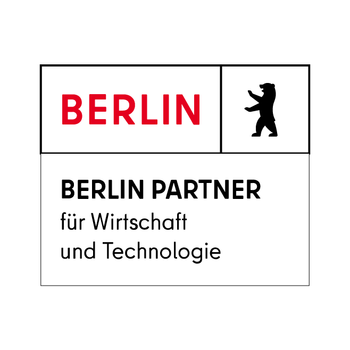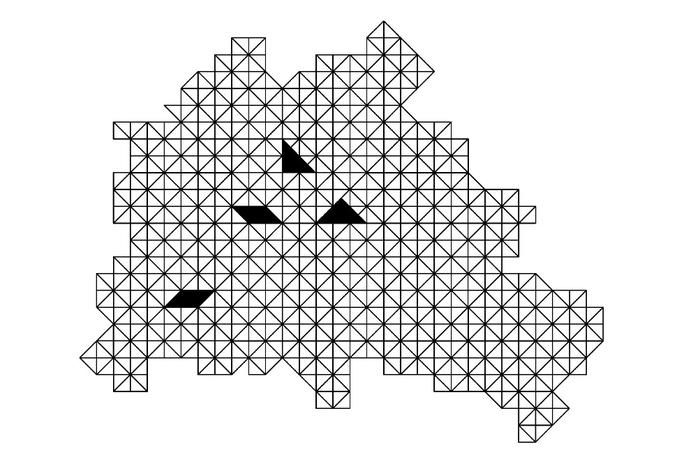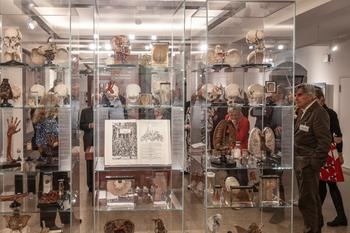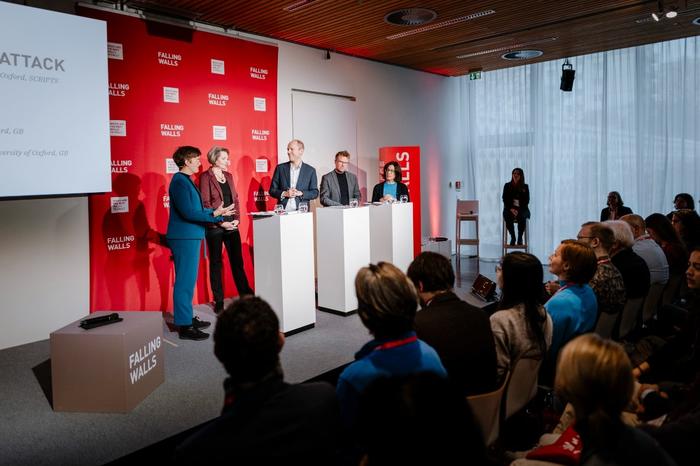Berlin's Research & Innovation Environment
By partnering with a wide range of organizations across sectors—from the arts and cultural scene to innovation networks and public institutions—BUA builds bridges between science and society, bringing research into the heart of public life. These collaborations support BUA’s mission to advance knowledge, foster societal transformation and create a truly open research environment.
Check out the interactive Brain City Berlin Map to for an overview Berlin's science and innovation landscape, or check below to discover key players from all segments of civil society.
Key partners in the Berlin research ecosystem include the Einstein Foundation, Berlin Research 50 (BR50), Brain City Berlin and Berlin Partner. These organizations often come together with BUA on joint initiatives and offer a broad spectrum of opportunities for researchers and innovators at all stages of their careers. Such collaborations support BUA’s mission to advance knowledge, foster societal transformation and create a truly integrated Berlin research environment.Academic & Research Collaborations
The Berlin University Alliance builds strong ties with Berlin’s academic and research institutions to foster interdisciplinary collaboration and expand its intellectual reach. Key partners include the Berlin University of the Arts, Weißensee Academy of Art and the Hybrid Plattform. The Alliance also works closely with high-profile research institutions such as the Berlin-Brandenburg Academy of Science (BBAW) and the Center for Civil Society Research. Further key partners include the Max Delbrück Center for Molecular Medicine, the Robert Koch Institute and the Berlin Social Science Center (WZB).
Einstein Centers
Founded by the State of Berlin, the Einstein Foundation promotes international research in and for Berlin, and the BUA institutions benefit significantly from this initiative and its various funding lines, in particular from the Foundation's Einstein Centers.
The Einstein Centers complement the Berlin University Alliance’s efforts by enabling cross-institutional, interdisciplinary collaborations that serve as incubators for innovative, internationally visible research. They support a wide range of goals—from advancing early career development to building platforms for science communication and collaboration with industry and society. The Einstein Center 3R focuses on human tissue models as alternatives to animal testing, while the Einstein Center Digital Future brings together academia, industry and government to explore the societal impacts of digitalization. The Einstein Center Population Diversity and the Einstein Center Mathematics tackle the pressing challenges of changing demographics for healthcare and application-oriented mathematics, respectively, contributing to the interdisciplinary and cross-sector research scene of Berlin.
Science, Technology & Innovation
Innovation is central to the vision of the Berlin University Alliance, which is reflected in its strong partnerships across Berlin’s science, start-up and business ecosystem. Through collaborations with organizations like Technologiestiftung Berlin, Science & Startups, BR50 and Berlin Partner, BUA fosters connections between research, industry and entrepreneurship. Initiatives such as media:net BerlinBrandenburg and Coconat further support the transfer of knowledge into practice, while spaces like the Hybrid Plattform—a joint initiative of Universität der Künste and TU Berlin—act as incubators for cross-sector innovation. Networks like the German Climate Consortium and STATE Studio/Festival also play a key role in linking research with public dialogue, contributing to the Alliance’s commitment to socially relevant, interdisciplinary impact.
Arts & Cultural Institutions
This cultural landscape is deeply woven into the work of Berlin University Alliance. It collaborates with creative and artistic organizations to explore new forms of science communication and public engagement. These include the Stiftung Digitale Spielkultur, Computerspielemuseum, Zentrum für Kunst und Urbanistik and Silent Green Kulturquartier. Additional partners such as Art Laboratory Berlin, Haus der Kulturen der Welt and the Schering Stiftung provide platforms for interdisciplinary exploration at the intersection of science, art and society.
Government & Public Sector
To shape and support science policy, the Alliance maintains strong ties with public institutions. These include Germany’s Federal Foreign Office, the Federal Ministries for Education and Research (BMBF) and for Economic Cooperation and Development (BMZ) and the Deutscher Bundestag (German Parliament). Regionally, the Abgeordnetenhaus Berlin (Berlin House of Representatives) and Industrie und Handelskammer zu Berlin (Chamber of Commerce and Industry) are important partners, along with cultural heritage institutions like the Stiftung Preußischer Kulturbesitz.
Events & Public Science Engagement
The Berlin University Alliance actively participates in and supports a range of initiatives that make academic knowledge visible and relevant to broader audiences. These include the Clubcommission, Transmediale, the STATE Festival, Berlin Science Week and the globally recognized Falling Walls Science Summit. Through these partnerships, BUA brings academic knowledge into public discourse and celebrates science as an integral part of Berlin’s urban culture.

